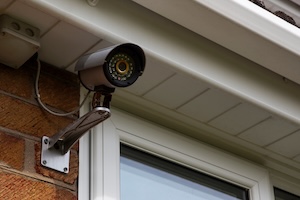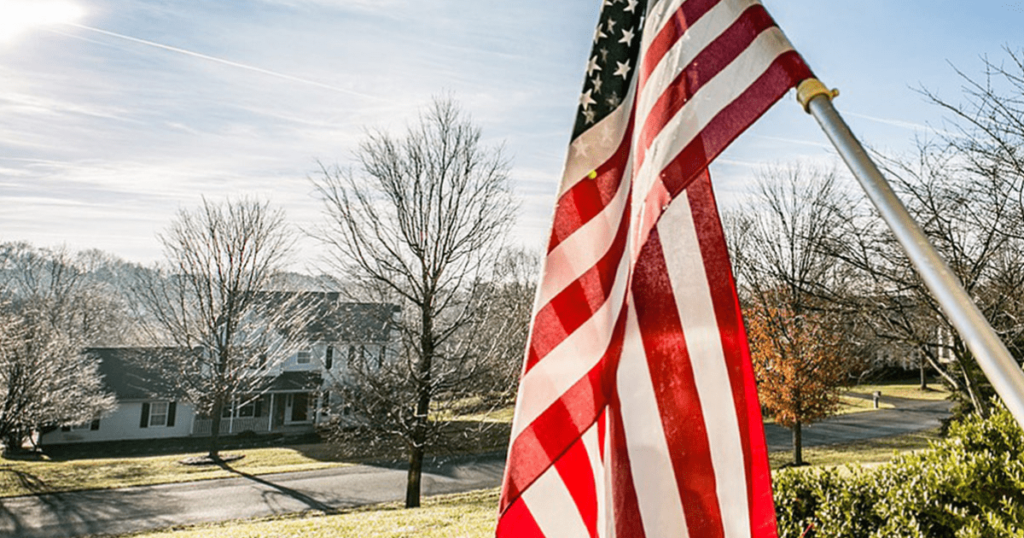Ensuring the safety of your home while you’re away offers significant peace of mind, especially for military families. Service members are often deployed, and their families might travel for extended periods to visit relatives or explore new places. Additionally, frequent relocations mean that these families might not be as familiar with their neighborhoods. Implementing effective safety measures can ease worries and allow for more enjoyable time spent away from home.
Understanding the Importance of Home Safety
For military families, maintaining a secure home environment is crucial. Deployments and long trips can leave homes vulnerable, but there are practical and cost-effective ways to enhance security. By taking proactive steps, you can protect your home from potential threats and ensure a safe return.
Simple and Affordable Safety Measures
1. Secure All Entry Points
Start with the basics: ensure that all doors and windows are locked before leaving. This simple step can deter opportunistic intruders. For added security, consider installing deadbolts on doors and reinforcing window locks. Sliding doors can be secured with a metal rod or a dowel in the track to prevent them from being forced open.
2. Install a Security System
Investing in a security system is one of the most effective ways to protect your home. Modern systems come with various features, such as door and window sensors, motion detectors, and surveillance cameras. Many systems offer remote monitoring, allowing you to check on your home via a smartphone app. Some options are budget-friendly and easy to install, requiring minimal technical knowledge.
3. Use Smart Home Technology
Smart home devices add an extra layer of security and convenience. Smart locks, for example, enable you to lock and unlock doors remotely. Smart lights can be programmed to turn on and off at different times, creating the illusion that someone is home. Video doorbells let you see and communicate with visitors, even when you’re not there.
4. Light Up Your Home
A well-lit home is less attractive to burglars. Install exterior lights around entrances, driveways, and walkways. Motion-activated lights are particularly effective, as they startle intruders and alert neighbors to unusual activity. Solar-powered lights are an eco-friendly and cost-effective option that require minimal maintenance.
5. Keep Valuables Out of Sight
Ensure that valuable items are not visible from windows. Use curtains or blinds to conceal electronics, jewelry, and other high-value possessions. Store important documents and small valuables in a safe. For larger items, consider storing them in a less accessible part of the house, such as a locked garage or basement.
6. Maintain Your Yard
A well-maintained yard can also deter potential intruders. Trim bushes and trees near windows and doors to eliminate hiding spots. Keep your lawn mowed and remove any potential climbing aids, such as ladders or stacked firewood, which could be used to access upper windows.
7. Get to Know Your Neighbors
Building a good relationship with your neighbors can enhance your home’s security. Neighbors who are aware of your travel plans can keep an eye on your property and report any suspicious activity. In return, you can offer to do the same for them. This mutual support system fosters a sense of community and collective vigilance.
8. Hold Your Mail
A pile of uncollected mail is a clear sign that no one is home. Before leaving, place a hold on your mail delivery through the postal service. Alternatively, ask a trusted neighbor to collect your mail, newspapers, or any packages scheduled for delivery to your porch. This simple action can prevent your home from becoming an easy target.
9. Inform Trusted Contacts
Share your travel plans with a few trusted contacts. Provide them with your itinerary and emergency contact information. They can periodically check on your home and notify you if anything seems amiss. Having someone local who knows your plans adds an extra layer of security.



